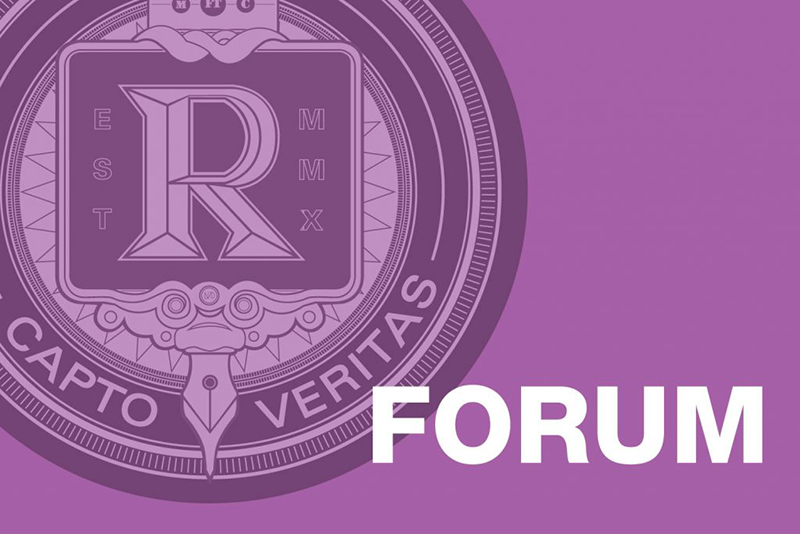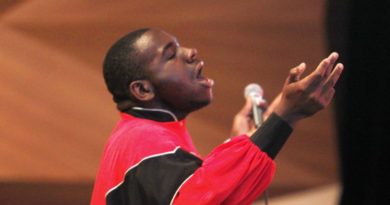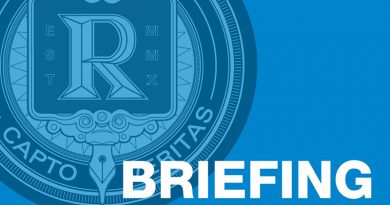Powerful Voices: Rhymes Of Hope
February, also coined Black History Month, is a time to celebrate African American history and culture. A major element of African American culture is their contribution to the arts, dating back as early as the 16th century.
The arts were used as a form of expression for African Americans throughout slavery and oppression, whether it was through film, dance, fashion, writing or music. Over time, African Americans developed musical styles, including blues, disco, funk, jazz, pop, rock and roll, hip-hop, and rap, which turned out to be timeless gifts to society.
Out of all of them, hip-hop and rap can be considered the most influential for young African Americans facing poverty and racism. With a lack of sufficient resources, many African Americans feel trapped by their surroundings. As a result, urban youth look up to rappers and musicians as voices of hope through tough times.
Many rappers have taken it upon themselves to be that voice of inspiration, sharing their personal stories of pain and struggle that many can relate to. Social media platforms such as Twitter, Facebook and Instagram magnify real issues within society, bringing awareness to the abuse and harsh realities within urban neighborhoods. Parallel to our ancestors, rappers are using their music as an outlet to shed light on the recent spike of social injustices and police brutality the Black community faces.
On Aug. 2014, G Herbo released Fight or Flight Remix featuring musicians Common and Chance the Rapper. On the track, the three Chicago natives address the struggles they faced growing up in one of the most gang infested cities in the United States. G Herbo also expresses his dejection toward racial profiling by Chicago police.
Run The Jewels, a hip hop group including New York rapper-producer El-P and Atlanta rapper Killer Mike, have also brought attention to racial inequality. Their second studio album, Run the Jewels 2, was released on Oct. 24, 2014, and features a track called Early, featuring Boots. On this poignant song, Killer Mike presents a scenario where his wife gets killed by the police. El-P, the Caucasian member of the group, responds by detailing his privilege as a bystander, who is unaffected as tragedy unravels for Killer Mike’s family.
A few days after Michael Brown’s murder, North Carolina emcee J. Cole released the compelling song Be Free. He dedicated the song to “every young Black man murdered in America,” it quickly became the soundtrack to express the pain and grief felt by the black community. On Dec. 10, 2014, J. Cole performed the song live on David Letterman, adding a verse speaking on social issues such as President Barack Obama’s reign in office, black on black crime, and white on black crime.
Taking it a step further then music, many rappers have even taken it to the streets to protest for or help the victims’ families. Rappers such as J. Cole, Nelly, Jeezy and Talib Kweli have been seen protesting in Ferguson after the death of Michael Brown. Q-Tip and Nas have also shown up to support rallies in New York. Jay-Z took it upon himself to set up an educational trust fund for the children of Sean Bell.
With each passing day, more emcees continue to use their platforms to re-instill the faith of the African-American community and be a voices of comfort through rough times. To many, they are just rappers. To others they are black heroes.




